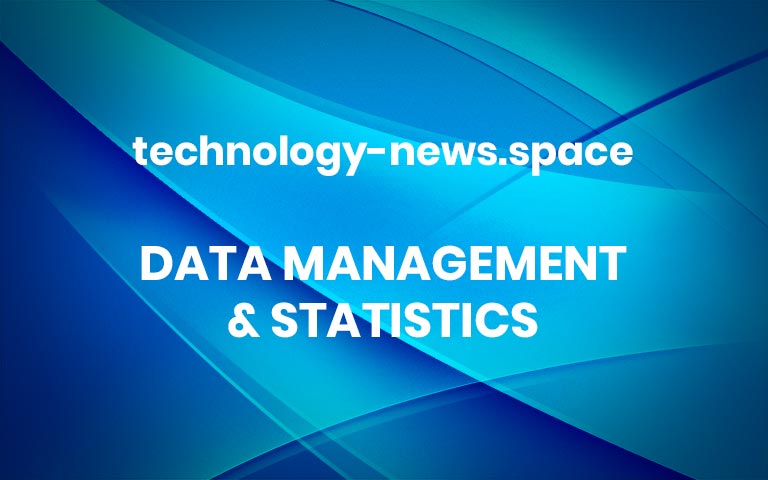Smarter regulation of global shipping emissions could improve air quality and health outcomes
Emissions from shipping activities around the world account for nearly 3 percent of total human-caused greenhouse gas emissions, and could increase by up to 50 percent by 2050, making them an important and often overlooked target for global climate mitigation. At the same time, shipping-related emissions of additional pollutants, particularly nitrogen and sulfur oxides, pose a significant threat to global health, as they degrade air quality enough to cause premature deaths.
The main source of shipping emissions is the combustion of heavy fuel oil in large diesel engines, which disperses pollutants into the air over coastal areas. The nitrogen and sulfur oxides emitted from these engines contribute to the formation of PM2.5, airborne particulates with diameters of up to 2.5 micrometers that are linked to respiratory and cardiovascular diseases. Previous studies have estimated that PM2.5 from shipping emissions contribute to about 60,000 cardiopulmonary and lung cancer deaths each year, and that IMO 2020, an international policy that caps engine fuel sulfur content at 0.5 percent, could reduce PM2.5 concentrations enough to lower annual premature mortality by 34 percent.
Global shipping emissions arise from both domestic (between ports in the same country) and international (between ports of different countries) shipping activities, and are governed by national and international policies, respectively. Consequently, effective mitigation of the air quality and health impacts of global shipping emissions will require that policymakers quantify the relative contributions of domestic and international shipping activities to these adverse impacts in an integrated global analysis.
A new study in the journal Environmental Research Letters provides that kind of analysis for the first time. To that end, the study’s co-authors — researchers from MIT and the Hong Kong University of Science and Technology — implement a three-step process. First, they create global shipping emission inventories for domestic and international vessels based on ship activity records of the year 2015 from the Automatic Identification System (AIS). Second, they apply an atmospheric chemistry and transport model to this data to calculate PM2.5 concentrations generated by that year’s domestic and international shipping activities. Finally, they apply a model that estimates mortalities attributable to these pollutant concentrations.
The researchers find that approximately 94,000 premature deaths were associated with PM2.5 exposure due to maritime shipping in 2015 — 83 percent international and 17 percent domestic. While international shipping accounted for the vast majority of the global health impact, some regions experienced significant health burdens from domestic shipping operations. This is especially true in East Asia: In China, 44 percent of shipping-related premature deaths were attributable to domestic shipping activities.
“By comparing the health impacts from international and domestic shipping at the global level, our study could help inform decision-makers’ efforts to coordinate shipping emissions policies across multiple scales, and thereby reduce the air quality and health impacts of these emissions more effectively,” says Yiqi Zhang, a researcher at the Hong Kong University of Science and Technology who led the study as a visiting student supported by the MIT Joint Program on the Science and Policy of Global Change.
In addition to estimating the air-quality and health impacts of domestic and international shipping, the researchers evaluate potential health outcomes under different shipping emissions-control policies that are either currently in effect or likely to be implemented in different regions in the near future.
They estimate about 30,000 avoided deaths per year under a scenario consistent with IMO 2020, an international regulation limiting the sulfur content in shipping fuel oil to 0.5 percent — a finding that tracks with previous studies. Further strengthening regulations on sulfur content would yield only slight improvement; limiting sulfur content to 0.1 percent reduces annual shipping-attributable PM2.5-related premature deaths by an additional 5,000. In contrast, regulating nitrogen oxides instead, involving a Tier III NOx Standard would produce far greater benefits than a 0.1-percent sulfur cap, with 33,000 further avoided deaths.
“Areas with high proportions of mortalities contributed by domestic shipping could effectively use domestic regulations to implement controls,” says study co-author Noelle Selin, a professor at MIT’s Institute for Data, Systems and Society and Department of Earth, Atmospheric and Planetary Sciences, and a faculty affiliate of the MIT Joint Program. “For other regions where much damage comes from international vessels, further international cooperation is required to mitigate impacts.” More


